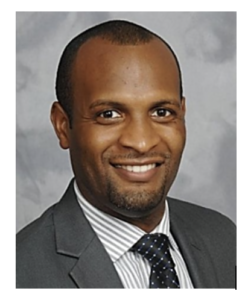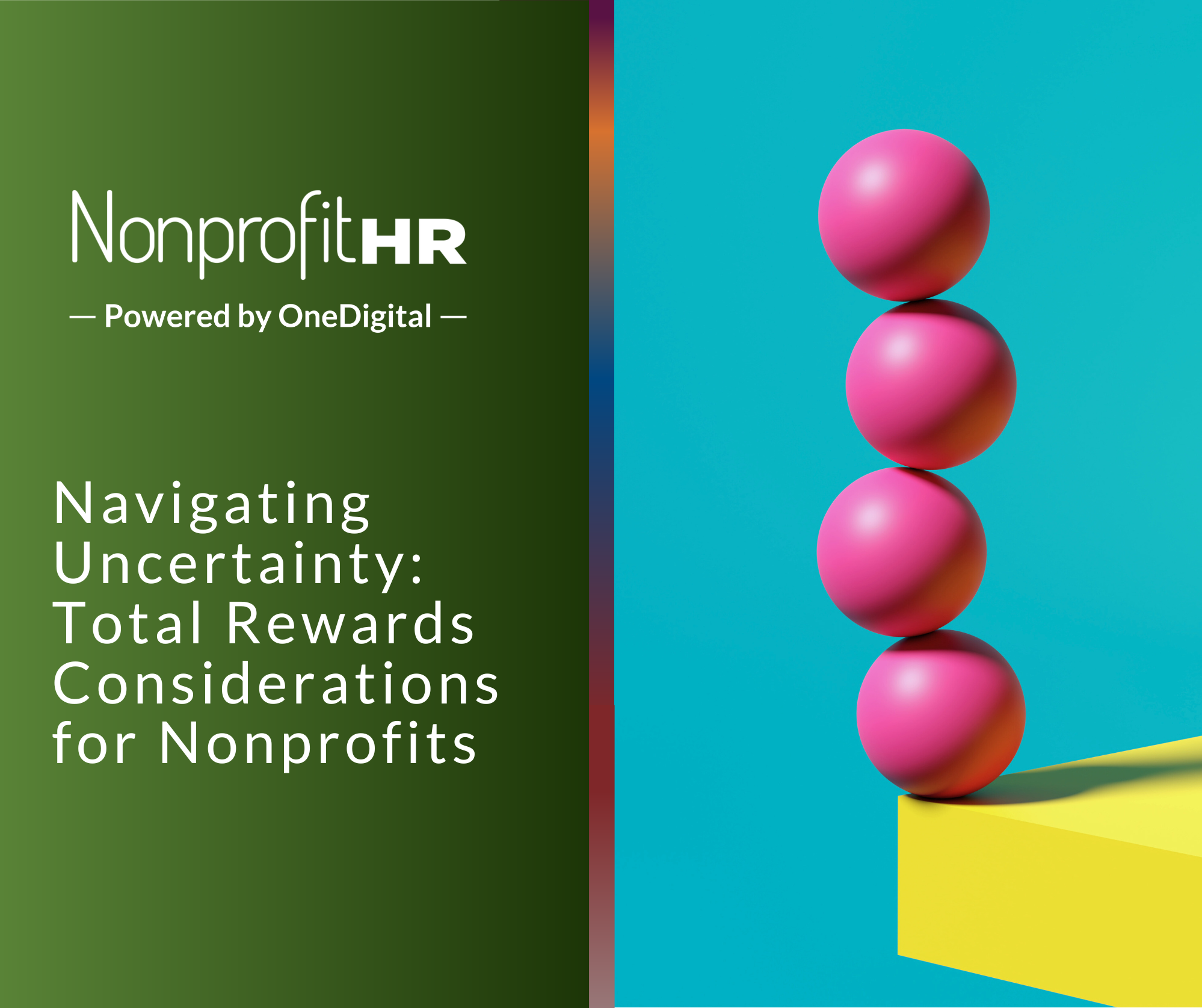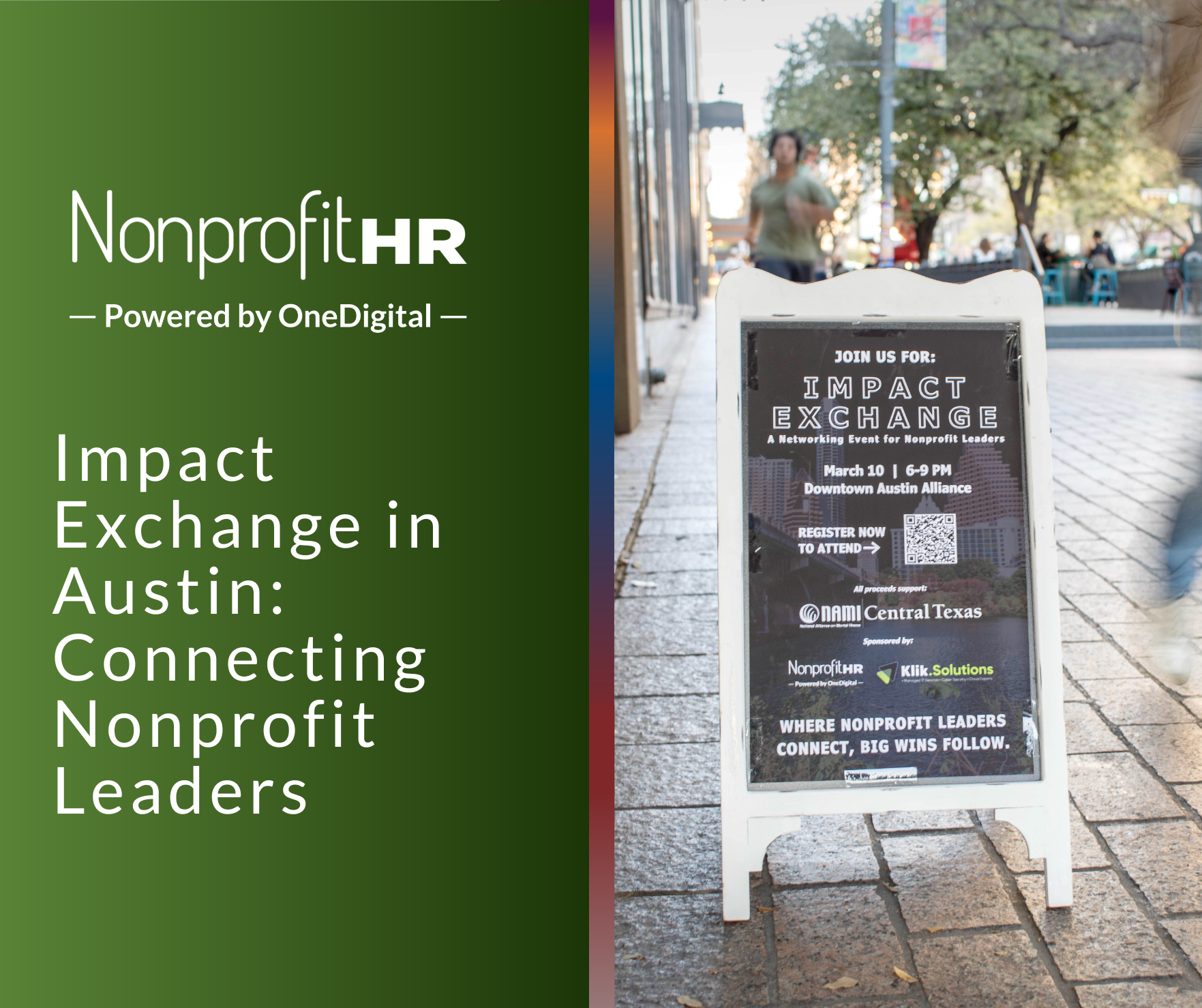WTOP: 5 ways nonprofits can…
3 Foundational Principles for Managing Change During Challenging Times
It’s no secret that employers are experiencing unprecedented times. The 21st century has ushered in a series of seismic shifts which are rocking a world that was already experiencing turbulence. Amid this, and as social sector leaders search for a new normal, you still have to figure out, navigate and lead your employees to mission success.
For over a decade, The Change Shop has looked at different ways that executives deal with change at work. In particular, we have evaluated what keeps them engaged in and committed to workplace transformations particularly during difficult and challenging times. Whether changes in leadership, relocations, culture or technology, we have found that strong leaders incorporate three foundational principles:
They communicate clearly and consistently: From individual households to the global economy, and cubicles to corner offices, the pandemic has challenged every element of the workforce experience. Keeping this at the forefront makes it necessary to help your employees understand how their role supports the critical work your mission is doing. It is also an opportunity to communicate how their actions impact their team, communities served, brand and sector. Now more than ever, your employees are looking for direction. Outlining what long-term projects should be getting attention is key. If your organization is operating fully or partially virtually, you will need to reiterate or create and communicate work-from-home (WFH) policies. Clear and transparent communication are essential to a healthy organizational culture. A healthy culture is an invaluable asset in any economy.
They engage, influence and transform their teams and culture: As CEO, you set the culture, and employees follow the path you trail. Engaging with your team provides opportunities to influence their thinking and to encourage collaboration. Providing opportunities for team members to provide input and feedback on your communication is a great way to engage them in the change process. Rather than rolling out your decisions in a one-way meeting format, invite questions about your organization’s direction and status of major initiatives to increase their buy-in and reduce resistance. Now is one of the best times to leverage the collective wisdom of your people. Not only will transformative thinking increase efficiencies and productivity, but also it will help your organization meet its mission with fewer resources.
They recognize the need to sustain change: Effective change leaders understand that creating change is only one part of the equation. Sustaining change is the ultimate objective. It is human nature to want things to remain the same and your employees will long for familiarity. During this time, consistency is key. Consistency between your words, actions, resourcing and time generates trust that allows team members to feel a level of comfort knowing they can rely on the future direction of where the organization is heading and their role in supporting the mission. In the media, we see stories of nurses and doctors on the frontlines of patient care. You can demonstrate this by highlighting ways people are leading from the “frontlines” in your organization. Sharing these stories will not only boost morale, it will also create consistency needed to sustain change.
Right now is the ideal opportunity to change the conversation in your organization and teams and create a foundation for organizational renewal. You’ll find that doing so can catapult your organization to success during and even after a crisis.
Robert E. Smith, PhD
Founder & CEO, The Change Shop
Email: [email protected]
About Robert:
Robert is the founder of the Change Shop (tCS) a web-based platform designed to provide tools to change leaders that help them create future workplaces. He is also the author of Selling Change: How Successful Leaders Use Impact, Influence, and Consistency to Transform Their Organizations. The book and tCS platform and benchmarks are based on his dissertation research into factors most associated with highly engaged commitment to change during challenging and difficult workplace changes.
The Change Shop platform was rated among the 10 Most Innovative HR Analytics Solution Providers in 2019 and Smith was named Thinkers360’s 2020 Top 50 Global Thought Leaders and Influencers on Change Management. Robert’s career span’s HR technology, talent management, and change leadership. He’s led large-scale change initiatives at dozens of global, public-sector, and nonprofit organizations including PepsiCo, Polo Ralph Lauren, AT&T, U.S. Department of Veterans Affairs, the American Red Cross, and Meals on Wheels.































